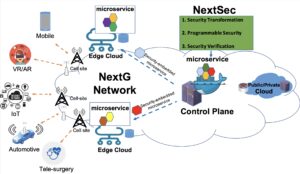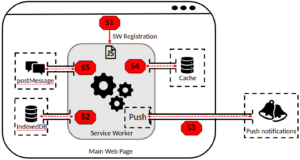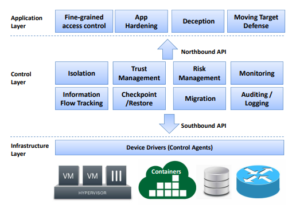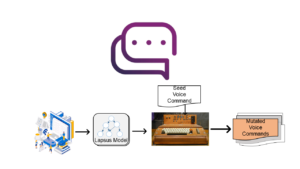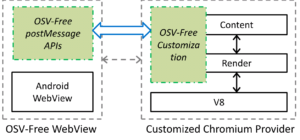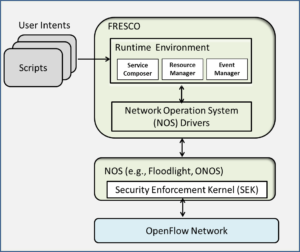We are working on cutting-edge cybersecurity topics (check our publication page for details):
- SPS: Software-defined Programmable Security for next-generation networks and systems (e.g., SDN, NFV, Cloud, Edge, 5G…)
- Check out the final report from our 2018 NSF Workshop on Programmable System Security in a Software Defined World.
- Check our S2OS project website. S2OS is a large multi-institute project funded by NSF/VMware, in which we aim to build a new Security OS with Software Defined Infrastructure
- Other projects: NextSec, FRESCO, OpenFlowSec.org
- AI Security
- AI for cybersecurity: e.g., AI-powered malware and threat detection
- Security for AI
- Security in emerging technologies (e.g., Mobile, IoT, Web and Web3)
- To secure emerging technologies such as mobile devices, IoT, web applications, and Web3 ecosystems against evolving threat landscapes
Our mission is to make networking and computing more secure!
A few selected example research projects are listed as follows:

